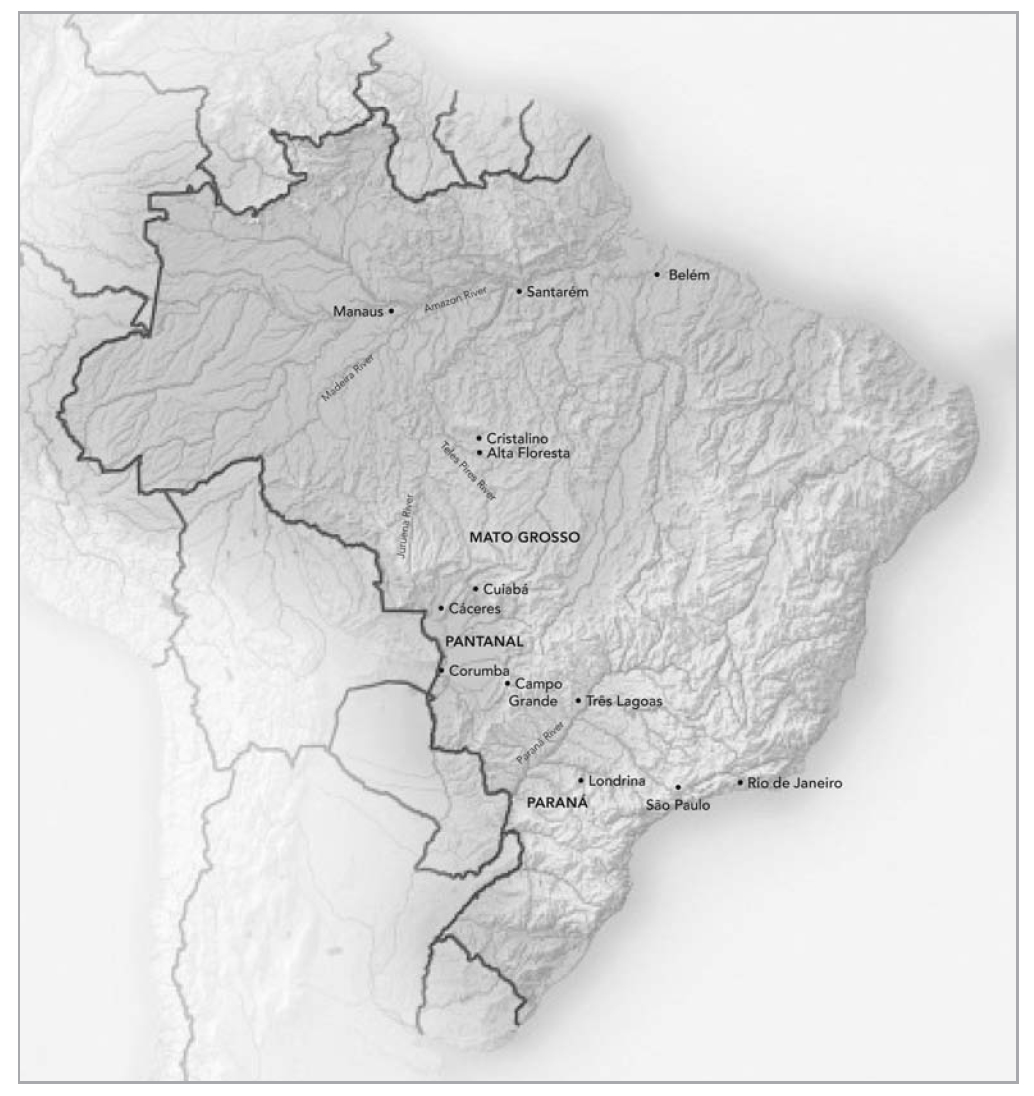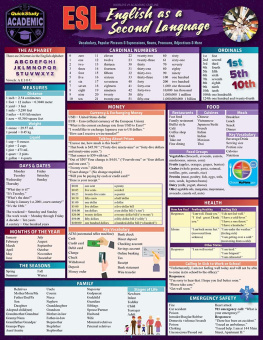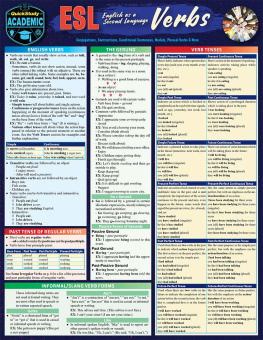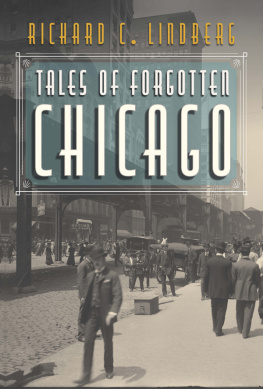Table of Contents
Guide


Copyright 2015 Marian E. Lindberg
All rights reserved under International and Pan-American Copyright Conventions. No part of this book may be used or reproduced in any manner whatsoever without written permission from the publisher, except in the case of brief quotations embodied in critical articles and reviews.
Excerpts from Robert Pinskys commencement address, delivered June 4, 2012, at Concord Academy, Concord, Massachusetts, used by permission of Robert Pinsky. Copyright Robert Pinsky.
Library of Congress Cataloging-in-Publication Data Is Available
Soft Skull Press
An Imprint of COUNTERPOINT
2560 Ninth Street, Suite 318
Berkeley, CA 94710
www.softskull.com
Designed by Elyse Strongin, Neuwirth & Associates, Inc.
Distributed by Publishers Group West
10 9 8 7 6 5 4 3 2 1
e-book ISBN 978-1-61902-625-4
For JML
CONTENTS
For sight is the most piercing of our bodily senses, though not by that is wisdom seen.
PLATO, PHAEDRUS


QUANDO? I ASK the nurse again. When will the only doctor who speaks English arrive?
Logo, the pretty nurse repeats from her desk, but the word has lost all meaning. Soon would have been an hour ago. The nurse shifts her gaze and speaks to the woman standing next to me, another person with a problem, so I reassume my position leaning against the wall a few feet away. Im staying close so that I can eavesdropnot that I understand fast Portuguese.
My legs feel weak, but I have no choice except to stand. Other peoplemaybe sicker than mefill every space on the cement benches lining the small waiting area. Its an oval room with peeling paint, more like the foyer of a decaying mansion than the hospital entrances Im used toexcept for the glass window above the nurses desk, and her seemingly absolute power.
I feel like I could fall to the floor any minute, but before I faint I want someone to know the reasons why I have come to the Hospital Espanhol in the Lapa section of Rio de Janeiro: welts on my neck, pus crusting in my ear, aches throughout my body, and a head full of exploding gunpowder. Earlier, in Ipanema, when I touched above my hairline, it seemed as though my very skull had changed shape. There were protrusions of different sizes, some hard, some spongy, like the cells underneath were evolving into something other than gray matter.
Ipanema Beach was to have been the easy finish of my journey through Brazil. Instead, it became the launching pad for a long, slow trip to the hospital.

At home on Long Island, my son used to fill our house with bossa nova when he played The Girl from Ipanema on the piano. It was a strange coincidence, his new teacher assigning Brazils most famous song only a short time after I had wired money to a lawyer in So Paulo.
The teacher knew nothing of my investigation into the life of a relative in Brazil who I had grown up believing was a family hero. The teacher had chosen Garota de Ipanema out of the blue, from the thousands of jazz standards he might have suggested my son learn while home from boarding school after his freshman year.
Written in Rio in the early 1960s, The Girl from Ipanema is surely one of the finest come-hither compositions, turning the act of listening into a seduction. Whether you aspire to be the tall and tan and young and lovely girl walking to the sea or identify with the male singer who longs for the girls attention, the song with its sighs, lightly tongued consonants, and sensual beat consecrates the exotic, the beautiful, and, most of all, the unattainable.
I was happy to have Tom Jobins composition played daily in our living room in New York, a mile from the same sea but half a world away from Ipanema Beach. Brazil already commanded so much of my attention I hardly needed the songs charms, but I wasnt immune to them either. Sometimes, while my son practiced the melody and experimented with different chord voicings, I would pretend to dance the samba with our dog, a toy stretched between her mouth and my hand. Id never been taught samba steps, much less the bossa nova, but the dog and I would slide back and forth on the wood floor, circling in the space by the piano, as I tried to keep our movements in time with the rhythm. It was a silly ritual my son would go along with only if no one was around, but that made it special.
I realize just how special as I lean against the wall of the Hospital Espanhol nearly 5,000 miles from that living room. What seems silly now is the very idea of having left home in pursuit of a dead man I never knew. The fear thats been building inside me has finally broken through, and what I crave most in the world is to hug my son and play tug-of-war with our dog.
These are the things that seem unattainable now.
Why do you need to go to Brazil? my son had asked numerous times. In his mind, Brazil was a place that swallowed people, because thats what happened when our namesake Walter Lindberg went to Brazil from New York City in 1929 and never returned. At least my father, eleven years old at the time, had another parent in his life. This wasnt true for my son. Without me, my fifteen-year-old boy would be an orphan.
Still, I had come to Brazil. Against my only childs wishes, knowing virtually no Portuguese, and with a physiological disorder that made me dependent on several medicines and sensitive to external change, I had visited town after town in northern Paran and ventured into the Amazon and now I could hardly stand.
Quando? I ask again.
Logo.
Why had I done it? Why did the search for Walter Lindberg matter so much to me? Whenever a Brazilian asked me that question in the preceding weeks, I managed to give an answer that seemed to satisfy the questioner, but now no answer is good enough.
I only know that a story led me here, a story I could never forget, a story that seemed to explain essential truths in deceptively simple words, not unlike The Girl from Ipanema.
Before leaving home, I had reviewed many documents. Various Brazilians, including my attorney, unearthed additional information, so I knew in advance of arriving in Brazil that none of the storys elements was as simple as my father had led me to believe. My first days in Brazil had only confirmed that I was heading into unfamiliar territory. Now I was surely there.
I didnt yet know how the story would end, but I had a very clear understanding of its beginning, a voyage taken by a large group of unfortunate people many years before me to parts unknown.
COUNTLESS TIMES THEVestris had steamed across New York Harbor bound for Barbados, Brazil, and Argentina, and every time she had returned. For the 128 passengers who boarded her on Saturday, November 10, 1928, the Vestris gave every appearance of offering safe and luxurious transport to exotic points south.















